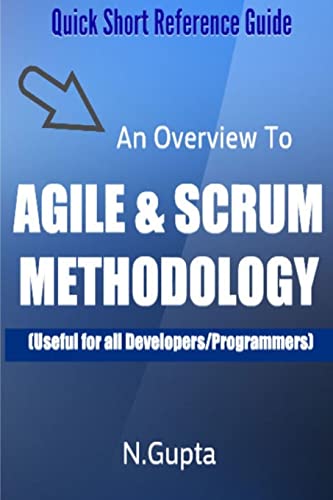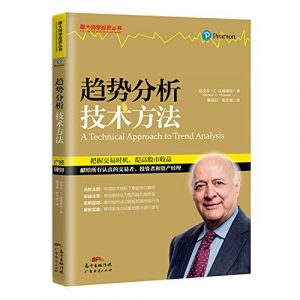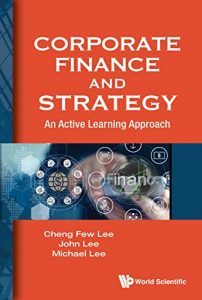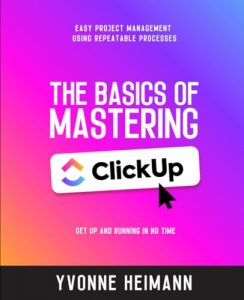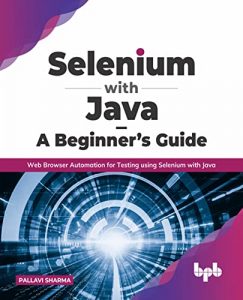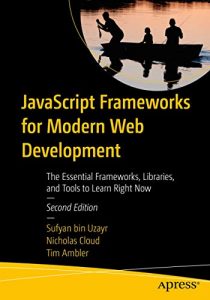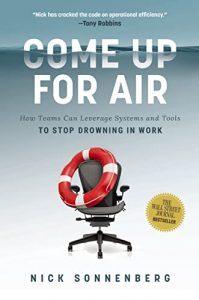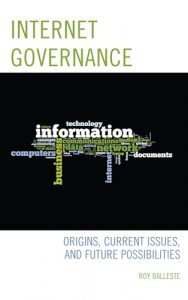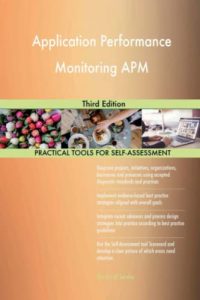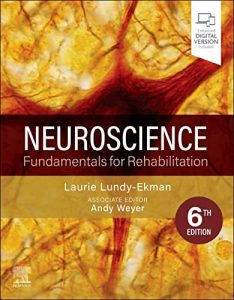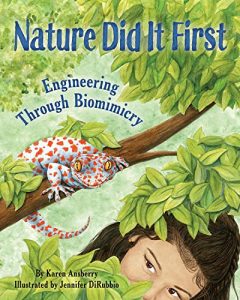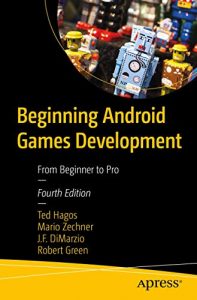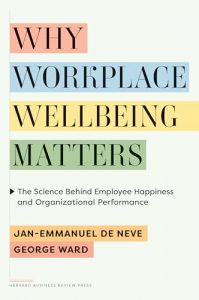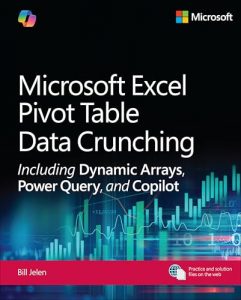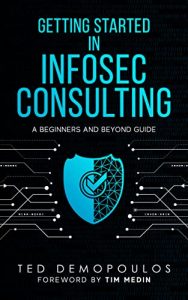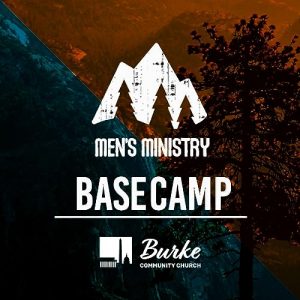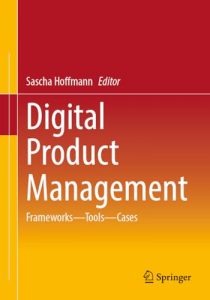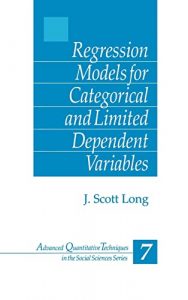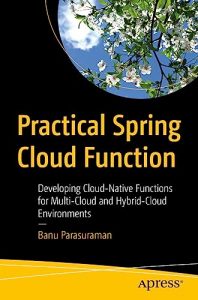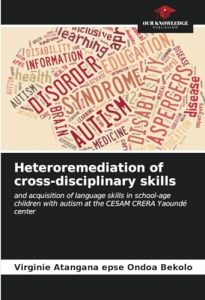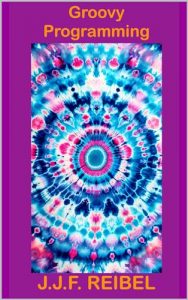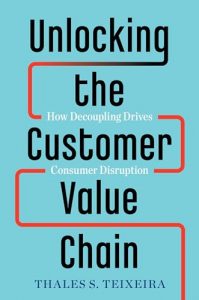1. Agile and Scrum Methodology: Quick Short Reference Guide To Agile and Scrum Methodology
Written by Niraj Gupta, this reference guide is perfect for beginners who want to understand the basics of Agile and Scrum methodologies quickly. With practical tips and straightforward explanations, it offers readers a concise roadmap to navigate the Agile landscape. Whether you’re a project manager or a team member, this book will enhance your knowledge and boost your project’s success rate. It’s an ideal starting point for those who want to deepen their understanding of Agile practices without getting overwhelmed by jargon.
2. Agile Methodology: Simple and Effective Strategies using Agile Methods and Principles
Wesley Clark’s book offers readers effective strategies for implementing Agile principles in a variety of contexts. This pragmatic approach emphasizes how Agile can drive efficiency and responsiveness in projects of all sizes. With real-world examples, Clark successfully bridges theory and practice, making this book a fantastic resource for Agile practitioners, team leaders, and anyone looking to embrace innovative management strategies. From planning to execution, you’ll find actionable insights that resonate with the challenges of modern project management.
3. Object-Oriented Software Engineering: An Agile Unified Methodology
David C. Kung delves into the complexities of software engineering through the lens of Agile methodologies in this impressive book. At $110, it’s a valuable investment for software developers and project managers who want to master object-oriented techniques while harnessing Agile principles. The synthesis of Agile and object-oriented strategies presents a unique and comprehensive perspective. Kung’s detailed analysis of modern engineering practices provides an extraordinary foundation, ensuring readers understand and can apply the methodologies effectively to enhance software development processes.
4. Succeeding with Agile Hybrids: Project Delivery Using Hybrid Methodologies
In Shawn Belling’s insightful guide, readers explore the concept of hybrid methodologies and how they can be successfully integrated with Agile practices. As many organizations shift away from traditional project management, Belling’s book serves as a beacon of hope for those facing challenges in project delivery. By providing practical strategies and tailored advice, this book positions managers and teams to adopt Agile in a way that maximizes results. It’s a must-read for anyone looking to innovate their project management approach without losing sight of what works.
5. Lean Methodology: A Guide to Lean Six Sigma, Agile Project Management, Scrum and Kanban for Beginners
Robert McCarthy provides an accessible introduction to Lean methodologies and how they intertwine with Agile practices. This book demystifies Lean Six Sigma and offers clear guidance on implementing Scrum and Kanban techniques. It’s perfect for beginners seeking to streamline processes and boost productivity. Bursting with valuable insights, McCarthy’s guide equips readers with not only the knowledge but also the confidence to apply Lean principles effectively, making it an essential addition to the library of aspiring project managers.
6. Agile Methodology for Developing & Measuring Learning: Training Development for Today’s World
Kaliym A. Islam’s engaging work focuses on applying Agile methodologies in the realm of learning and development. This unique perspective is essential for educators and trainers looking to modernize their approach. Islam presents methods that foster continuous improvement and adaptability in training sessions, ensuring learners remain engaged and informed. Whether you’re leading corporate training or designing educational programs, this book will be a trusted companion in enhancing the effectiveness of learning through Agile principles.
7. How to Kill the Scrum Monster: Quick Start to Agile Scrum Methodology and the Scrum Master Role
Ilya Bibik’s lively narrative serves as a practical introduction for those stepping into the role of a Scrum Master. This book tackles common misconceptions about Scrum and offers straightforward strategies for overcoming real-world challenges. Bibik’s engaging writing style makes it an enjoyable read, while the depth of knowledge presented ensures that it’s a valuable resource for aspiring and current Scrum Masters alike. Get ready to tackle the Scrum Monster head-on with this guide!
8. Agile Methodology: The Principles of Efficiency and Innovation
Geo Report’s recent publication dives deep into the core principles of Agile methodology while emphasizing efficiency and innovation. This book is essential for those aiming to adapt to today’s fast-paced world, where innovation is key to staying relevant. By breaking down complex ideas into digestible pieces, Report makes it easier for readers to grasp and implement Agile principles effectively in their projects. This book is a perfect guide for professionals eager to cultivate an Agile mindset.
9. Doing Agile Right: Transformation Without Chaos
Darrell Rigby, Sarah Elk, and Steve Berez offer a compelling roadmap for organizations looking to implement Agile practices without chaos. This book draws on real-life case studies, presenting tools and methods that lead to successful Agile transformations. The authors emphasize the importance of understanding organizational culture and leadership support in achieving Agile success. This engaging read is perfect for leaders and stakeholders for charting a clear path towards Agile implementation, ensuring that the journey is systematic and effective.
10. Agile ELearning Development: How to create awesome eLearning courses using the Agile methodology
Marina Arshavskiy’s book explores the intersection of Agile practices and eLearning development. As digital education continues to evolve, this resource becomes increasingly important for educators aiming to create interactive and agile learning experiences. Arshavskiy’s insights provide a fresh perspective on how to utilize Agile principles effectively in the design and delivery of eLearning courses, ensuring that learners receive a quality educational experience that meets their needs. Engage your students like never before with this innovative approach!

